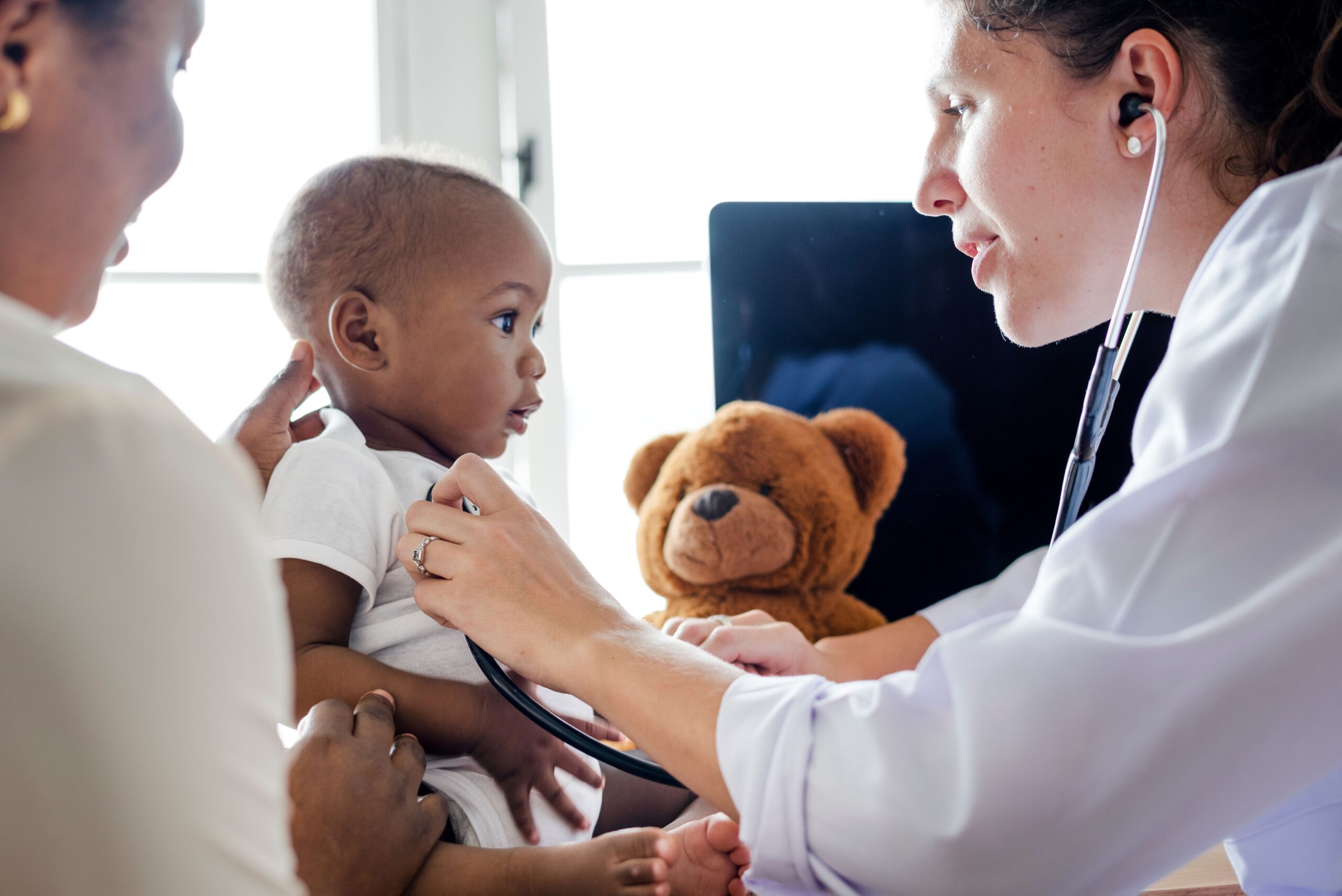Early Childhood Growth and Development
Resources to support your child’s growth and development.
Help Me Grow
Information about how a child develops between birth and age 5, ideas on encouraging healthy development, and links to help if you have developmental concerns about your child.
Early Childhood Screening
An Early Childhood Screening is a quick and simple way to check how your 3 to 5 year-old is growing, learning, and developing. Screenings are free and can help detect possible health or learning problems so that children can get help they need before starting kindergarten. An Early Childhood Screening, or a similar health and developmental screening, is required for your child to enter kindergarten in Minnesota public schools.
Follow Along Program
Free developmental and social-emotional screening for children birth to 36 months, administered through local public health departments. Families fill out periodic questionnaires that ask how their child is growing, playing, talking, moving, and acting. Children with concerning screening results are referred for further medical, mental health, and/or educational evaluation and services.
Family Home Visiting (FHV)
A voluntary program that provides social, emotional, health-related, and parenting support and information to families prenatally and with young children, and links them to appropriate resources. Some examples of services are prenatal care and referrals, help creating a safe and healthy environment, and referrals to early childhood programs in the community.
Early Childhood Family Education (ECFE)
Your local school district provides parenting education to support children’s learning and development through this program, taught by licensed early childhood and parent educators. For more information, contact your local school district.
Early Childhood Indicators of Progress (ECIPs)
These standards provide developmentally appropriate expectations for what young children should know and be able to do at certain ages. Early childhood teachers and care providers can use the ECIPs to design learning experiences and support conversations with parents about their child’s progress.
